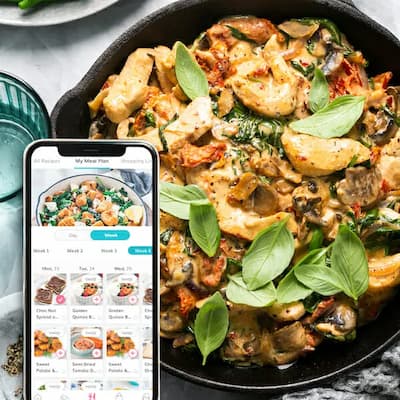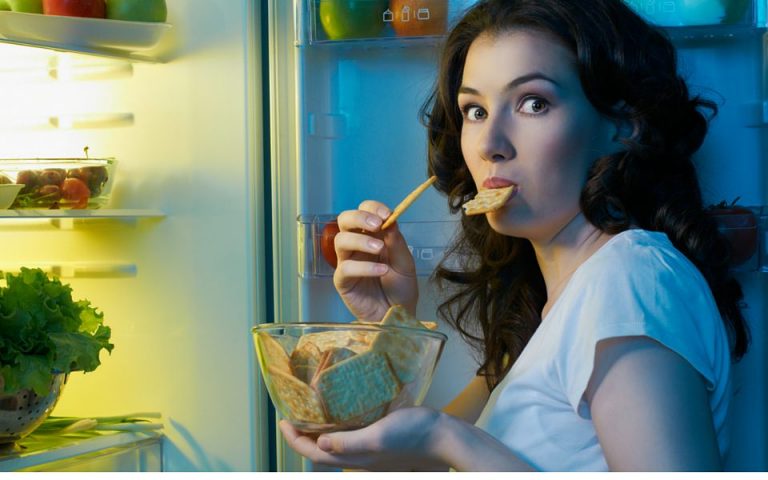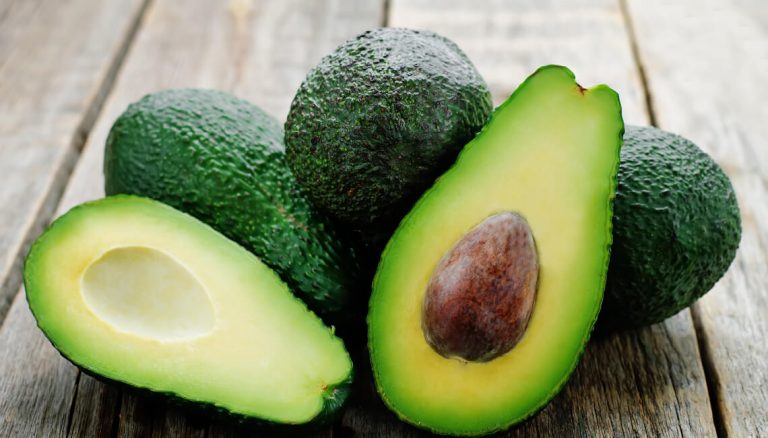Fruits and vegetables you SHOULD and SHOULDN’T be putting in the fridge
We all know that fruits and vegetables are essential for a healthy diet. However, did you know that some fruits and vegetables actually lose their nutritional value when stored in the refrigerator? It's true! Refrigeration can affect the taste, texture, and even the nutritional content of certain produce items.
When it comes to storing fruits and vegetables, many people default to automatically refrigerating everything. However, not all produce benefits from being stored in the cold. In fact, some fruits and vegetables can actually lose flavour and texture when refrigerated. To help you make the most of your fresh produce and ensure optimal taste and quality, we’ve put together a comprehensive guide on the fruits and vegetables you shouldn’t be refrigerating. From bananas to tomatoes, join us as we delve into the world of produce storage and discover the best ways to keep your fruits and vegetables at their peak freshness.
Did you know you shouldn’t keep watermelon in the fridge? Or that avocados need to be ripened at room temperature before being chilled? We’re all about getting as much fresh fruit and vegetables into your diet as possible, but it can be tricky knowing just where they need to be stored, so here’s a handy guide to keeping food fresh.
When storing food, we not only want to make it last as long as possible, but we want it to taste great too.
To find the best ways to store fruit and vegetables for optimal flavour and freshness.
And remember, you can always use fruit that is a little overripe in our delicious Weight loss smoothies! Just freeze the fruit cut up in chunks – this works really well with bananas.
Why is food storage important?
Whether you grow it yourself or buy your fresh produce, you need to know how to keep your fruit and veg tasting good for as long as possible.
Here are some great examples:
- If bananas are kept in the fridge, the skin goes black, and they don’t become sweet.
- Sweet potatoes take on an unpleasant flavour and develop a hardcore if they’re cooked after being kept in the fridge.
- Watermelons will lose their flavour and beautiful red colour if they’re kept in the fridge for more than three days.
- Tomatoes that aren’t quite ripe won’t turn red in the fridge. They need to be at room temperature, where they’ll also keep their flavour.
- Some produce gain sugar and get softer at room temperature, like Bartlett pears. They can then be put in the fridge for up to three days without losing their flavour.
How to store food at room temperature
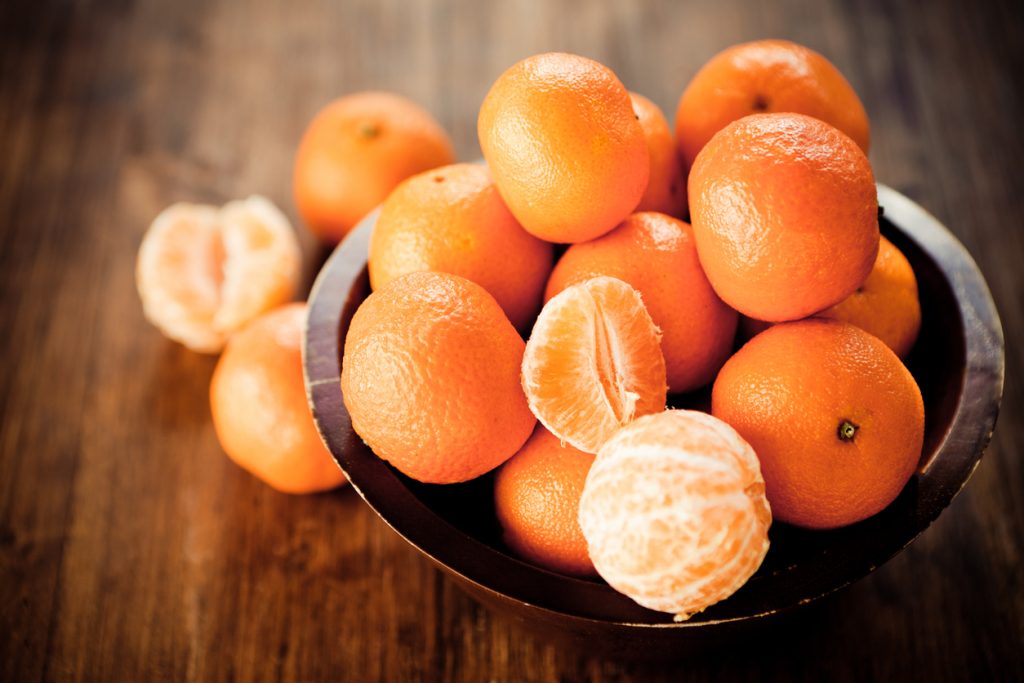
Fruit and veg that can be stored at room temperature need to be out of direct sunlight. To prevent moisture loss, you can put the produce into a vented plastic bowl or a plastic bag with holes in it.
Don’t put any produce in sealed bags because this will just slow down the ripening process and help hasten the spoiling process.
If you want to ripen fruit at room temperature, you can try putting a ripe apple with every five-to-seven pieces of fruit you want to be ripened (store everything in a bowl or paper bag).
Apples give off ethylene which helps speed up ripening – however, don’t use Granny Smith or Fuji apples, as neither of these produces much ethylene.
Storing food in the fridge
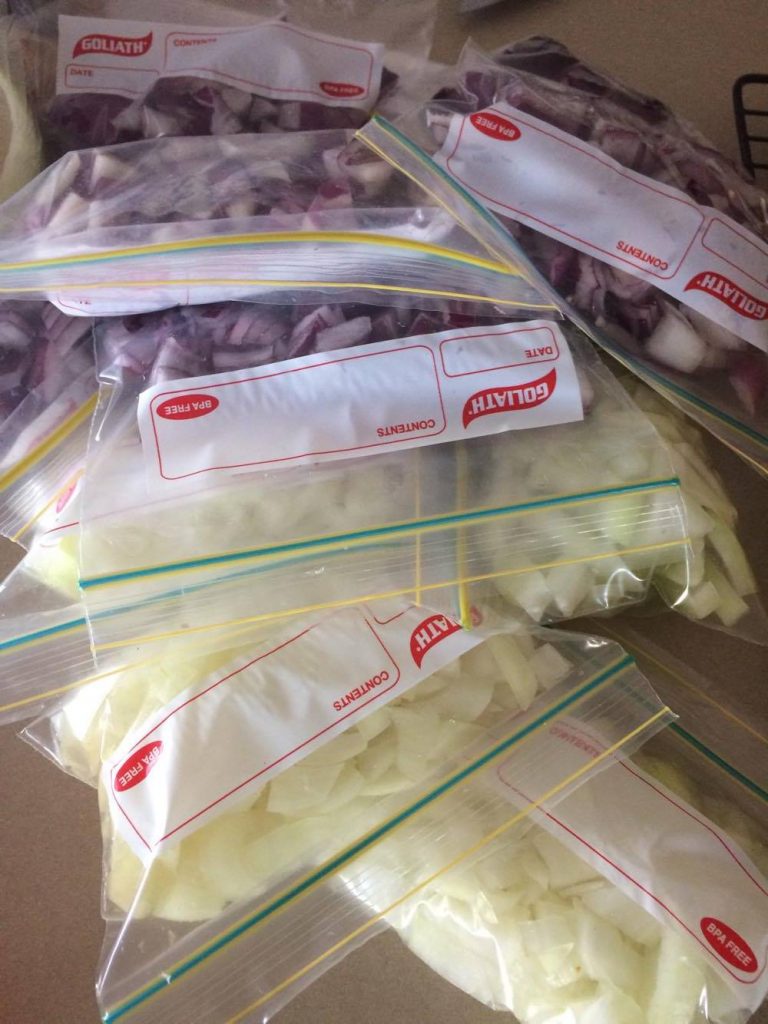
Produce that needs to be kept cold should be in perforated plastic bags (put about 20 pin holes into them), in the fruit and veg drawers of your fridge.
Don’t store fruit and vegetables together so that the ethylene isn’t causing havoc, and use it as quick as you can (within a few days), because it will lose its freshness and flavour within a few days.
What fruits and vegetables SHOULD you store in the fridge
First, we’ll start with the fruits and veggies that should be stored in your fridge to avoid spoiling them, needing to throw them out and leading to more food waste. These fruits and vegetables need to be kept below certain temperatures especially in the warmer Australian climate and so should go straight into the fridge when you bring them home from the store.
Store these fruits in the fridge
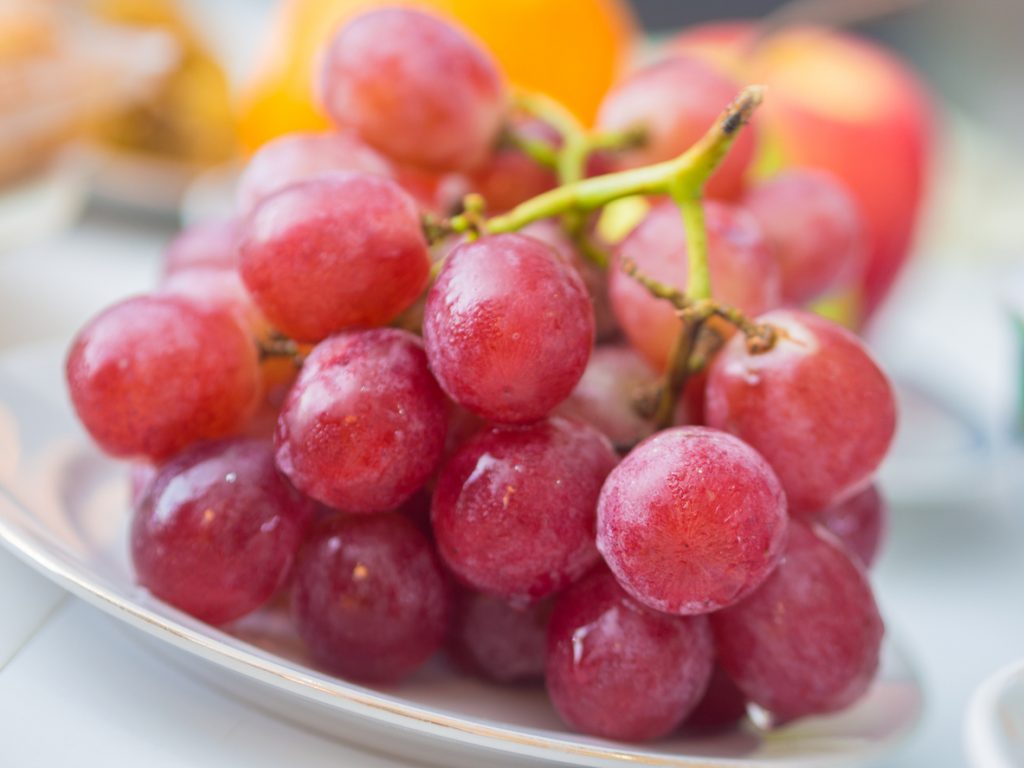
To avoid throwing these fruits out you should put all these fruits into the fridge as soon as you bring them home from the store:
- Apples (after seven days at room temperature)
- Apricots
- Asian pears (nashi)
- Blackberries
- Blueberries
- Cherries
- Cut fruits
- Figs
- Grapes
- Raspberries
- Strawberries
Store these vegetables in the fridge
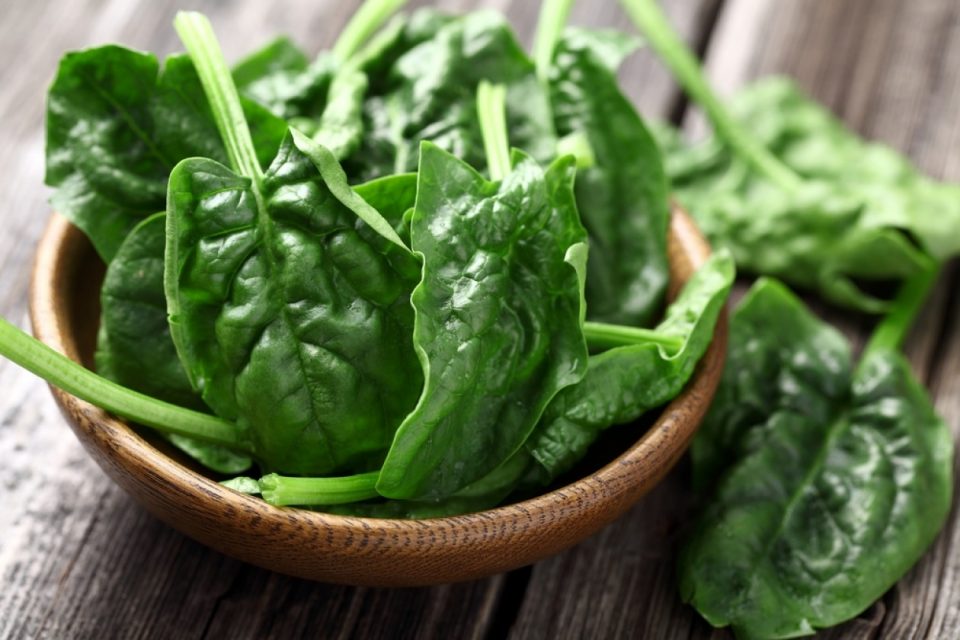
These are the vegetables that need to be stored in the fridge to help preserve their freshness, help them last longer and maintain the best taste:
- Artichokes
- Asparagus
- Green beans
- Beetroot
- Broccoli
- Brussel sprouts
- Cabbage
- Carrots
- Cauliflower
- Celery
- Cut vegetables
- Green onions
- Herbs (not basil)
- Leafy vegetables
- Leeks
- Lettuce
- Mushrooms
- Peas
- Radishes
- Spinach
- Sprouts
- Sweetcorn
Ripen these at room temperature, then store them in the fridge:
These also need to be stored in the fridge however don’t put them in straight away as they need to get a little extra ripe by being out on the counter at room temperature before you pop them in the fridge to help them last longer.
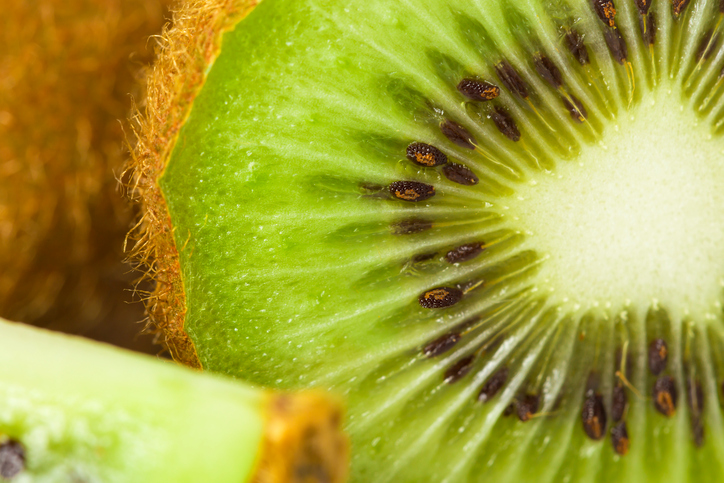
- Avocados
- Kiwi fruit
- Nectarines
- Peaches
- Pears
- Plums
Fruits and vegetables that shouldn’t be stored in the fridge
There are fruits and veggies that don’t require the lower temperatures of the fridge to stay at their best for eating or cooking. In fact, all these fruits and vegetables shouldn’t be put in the fridge but stored in appropriate containers on your bench or in your pantry to ensure the ideal freshness is maintained.
Store these fruits at room temperature
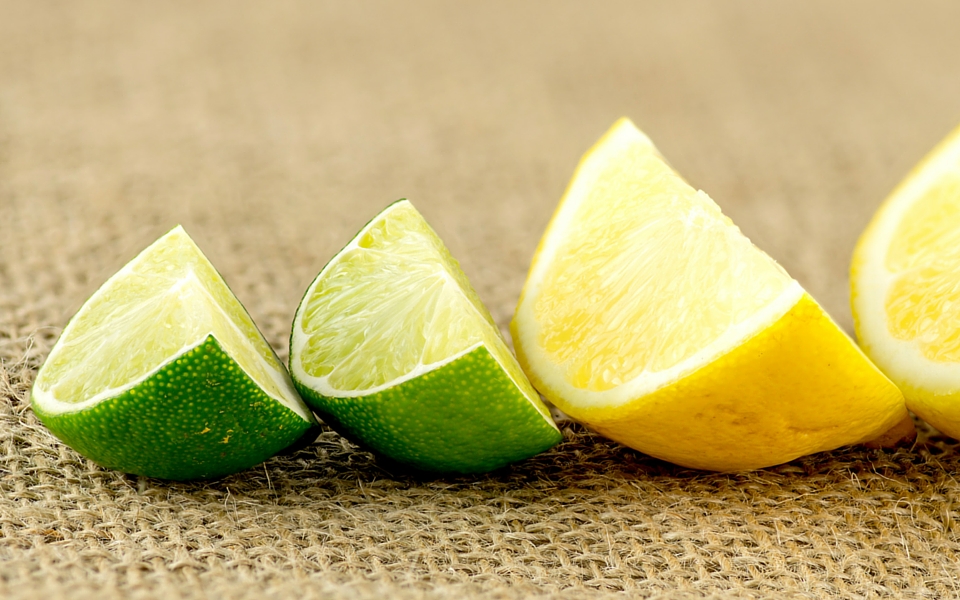
Get yourself a beautiful fruit bowl to store these fruits on your your kitchen table or bench because you shouldn’t put them in the fridge:
- Apples (for up to seven days, then put them in the fridge)
- Bananas
- Grapefruit
- Lemons
- Limes
- Mandarins
- Mangoes
- Oranges
- Papayas
- Pineapple
- Watermelon
Store these vegetables at room temperature:
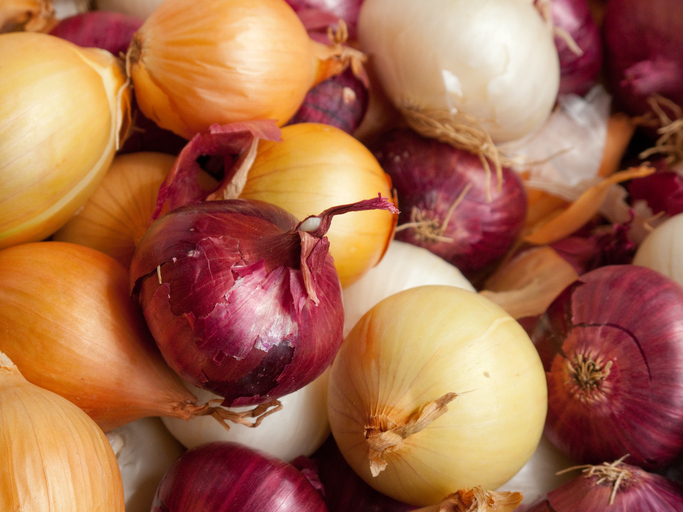
These vegetables need to be stored outside the fridge to maintain freshness:
- Basil (in water)
- Cucumbers
- Dry onions
- Eggplant
- Garlic
- Ginger
- Peppers
- Potatoes
- Pumpkins
- Sweet potatoes
- Tomatoes
Garlic, onions, potatoes, and sweet potatoes should be stored in a well-ventilated area in the pantry. Cucumbers, eggplant and peppers can be kept in the fridge for up to three days if they are used soon after you take them out of the fridge.
Tired of wondering what to cook?
Now you can easily meal plan with our personalised plans & over 6,000 family & budget friendly recipes catering to a wide range of dietary requirements.
The Healthy Mummy is a holistic program to nourish your body with nutritious food and help you stay active in your busy, everyday life. Yours and your families well being should be a priority so let us take the hassle out of it.
Unlock the key to sustainable life changes that will leave you feeling your absolute best.

